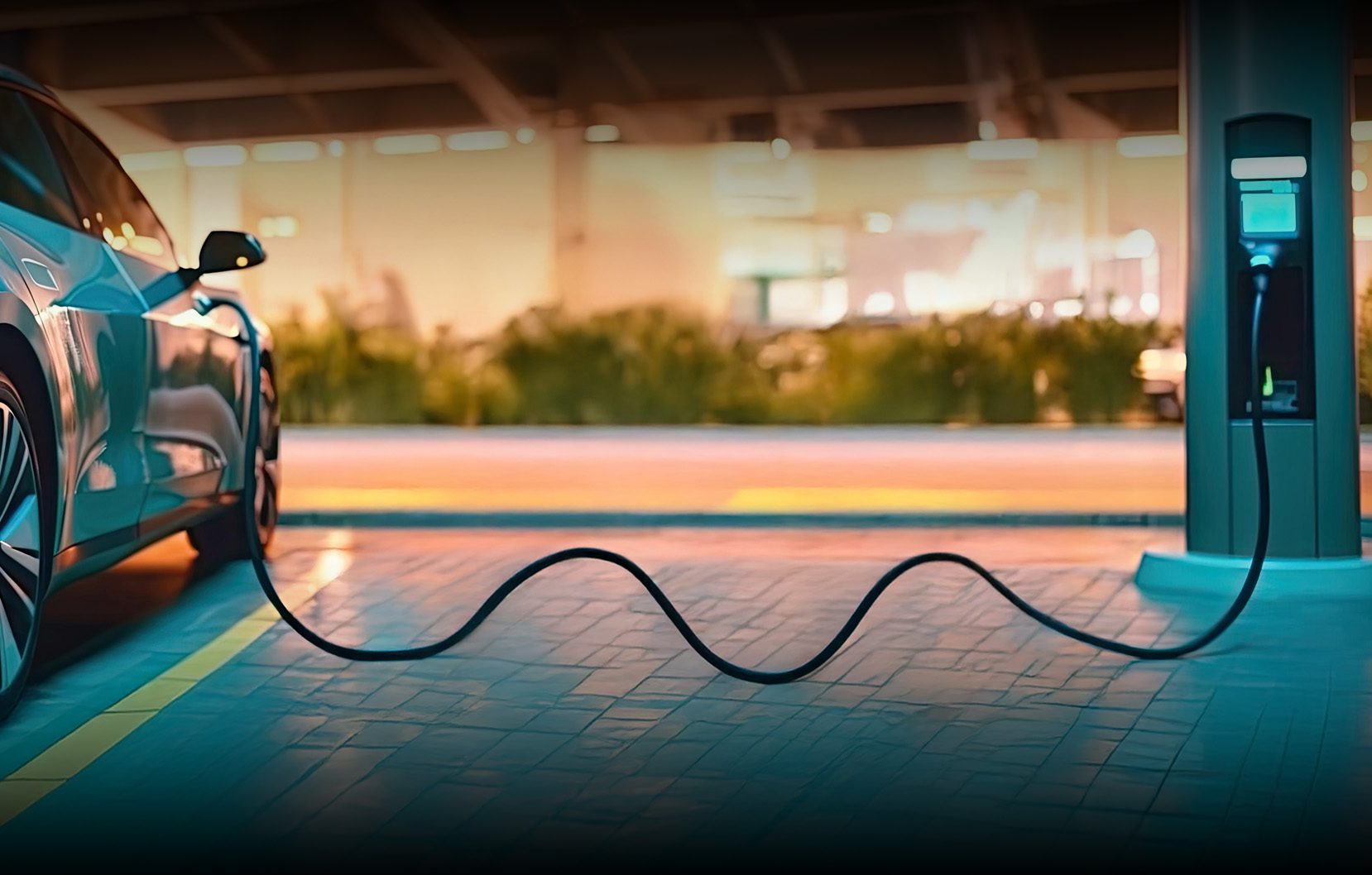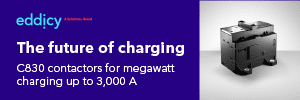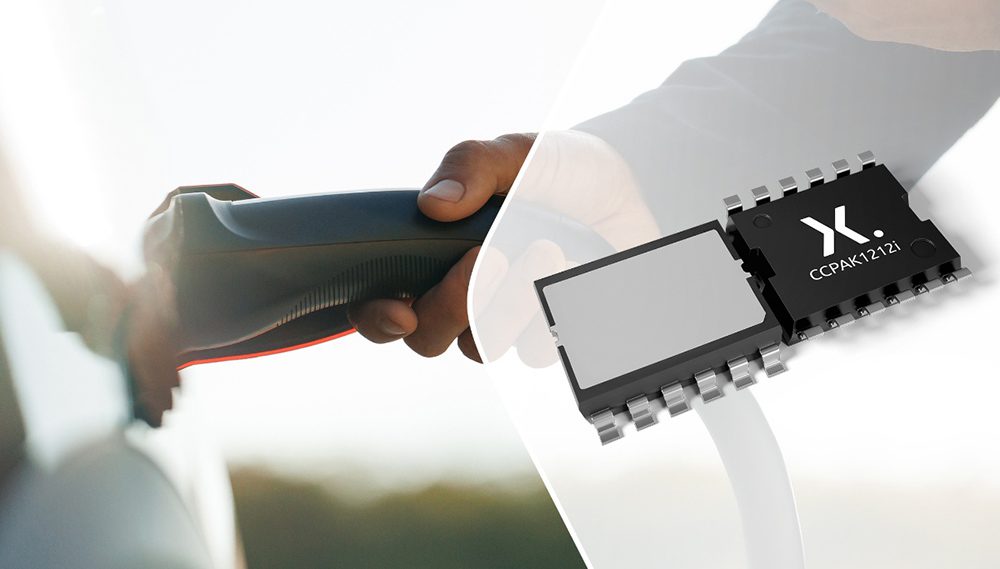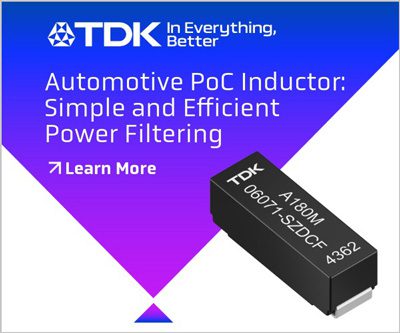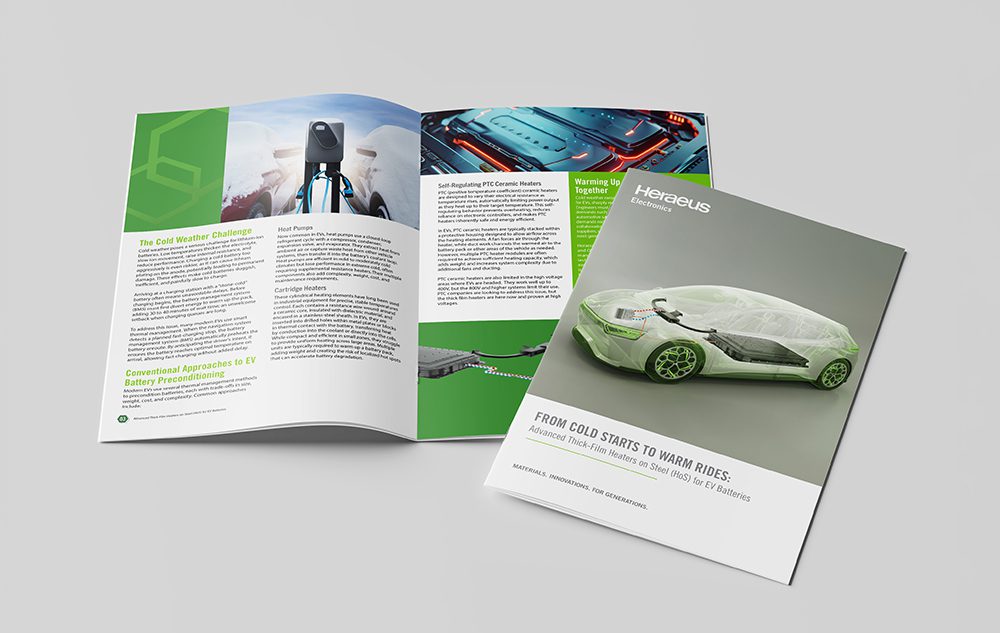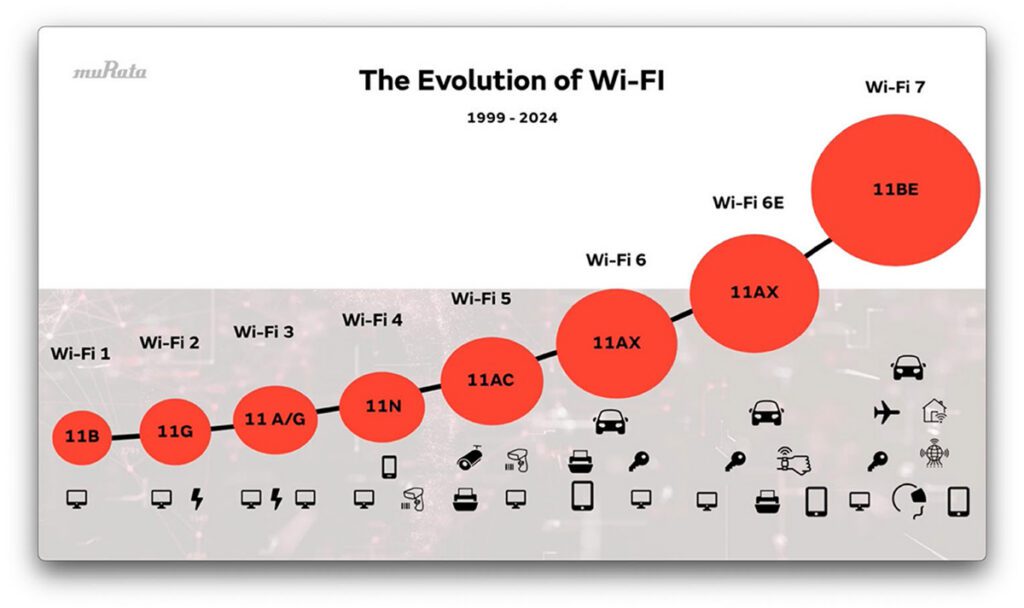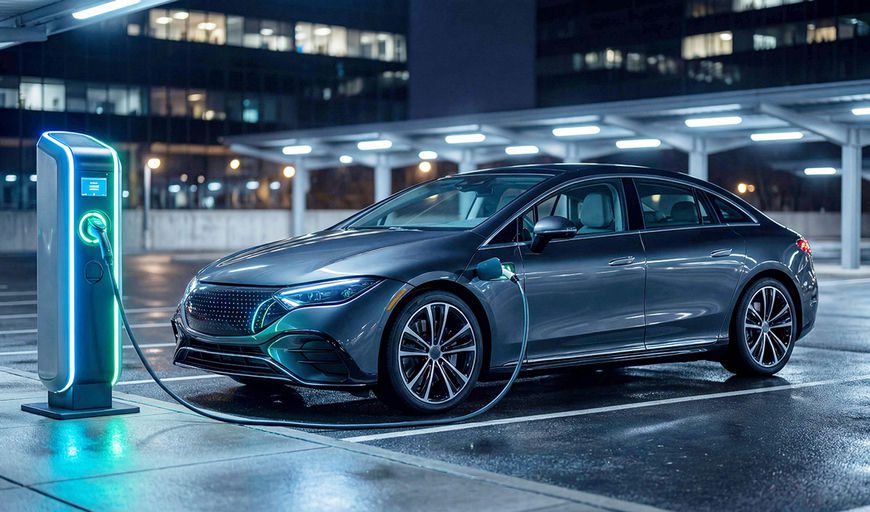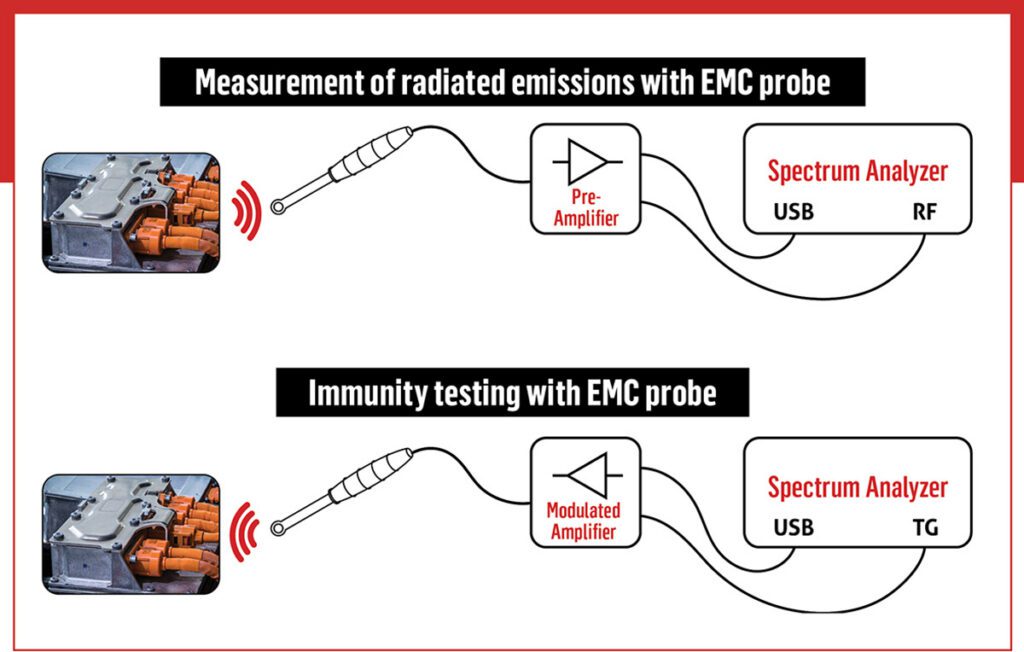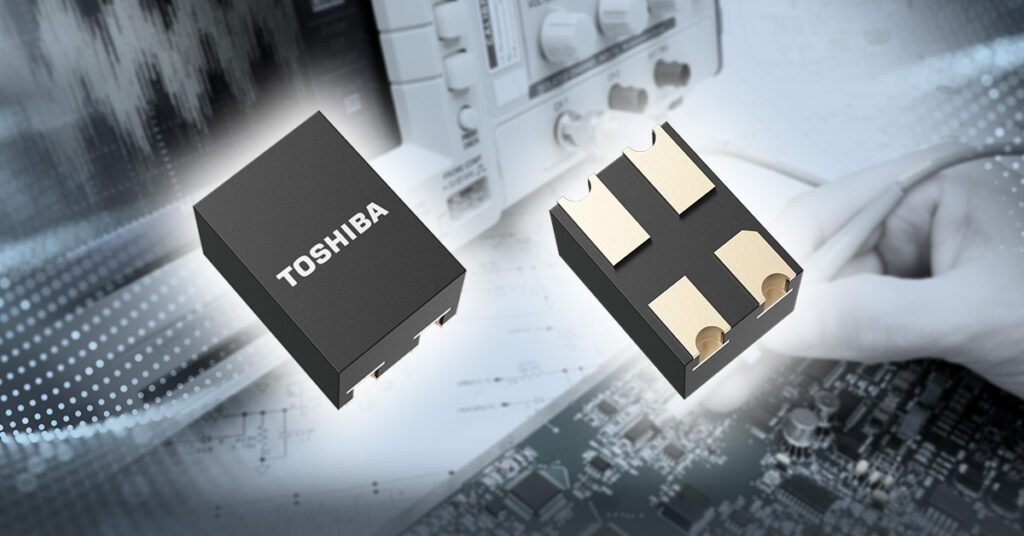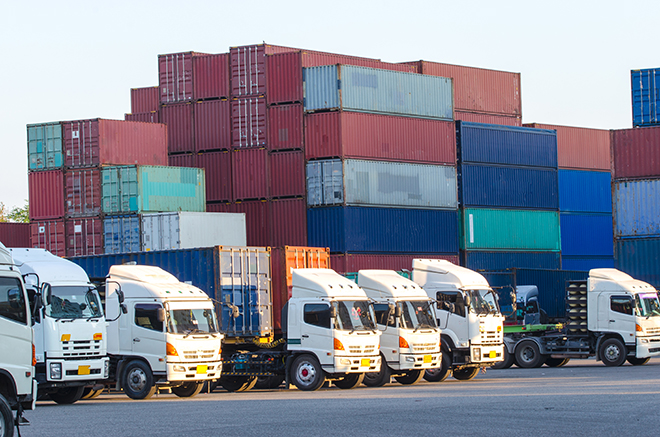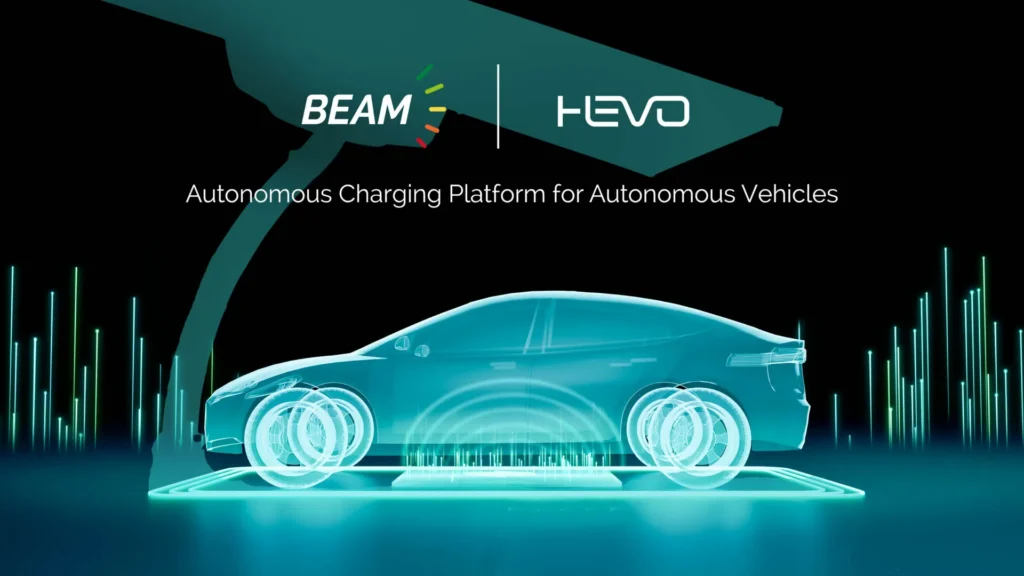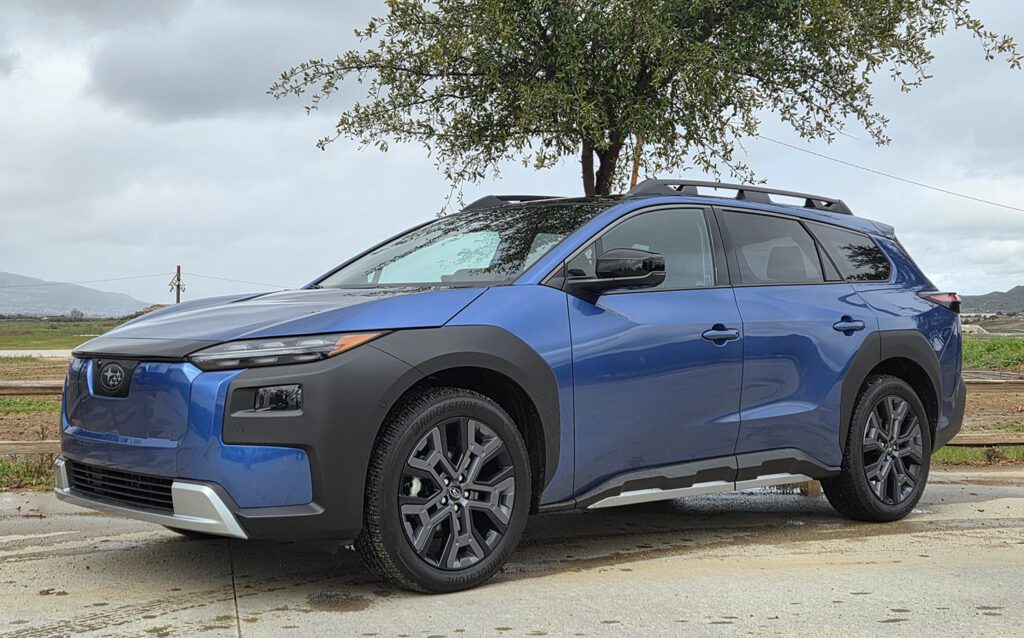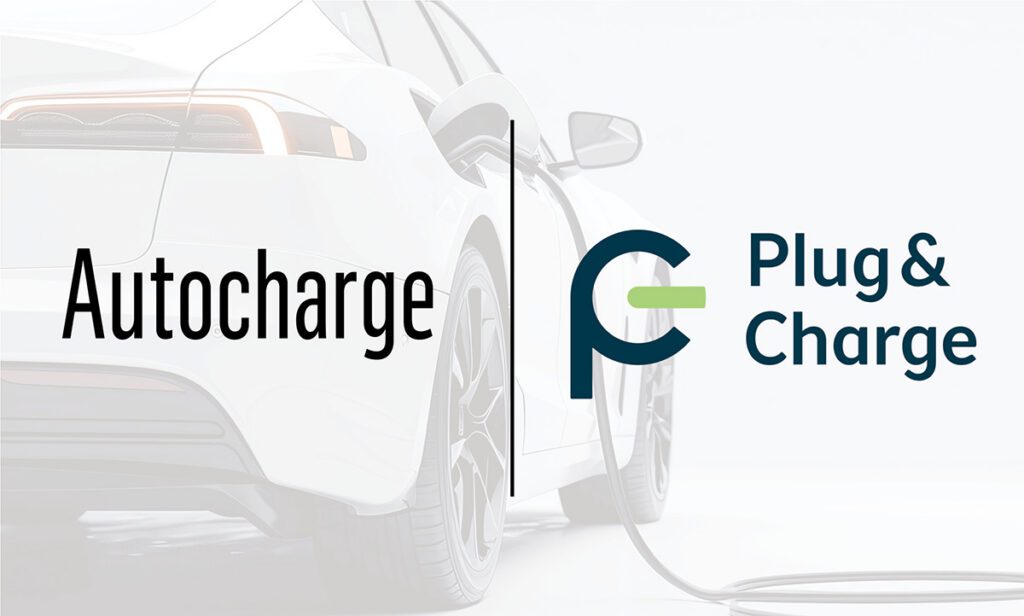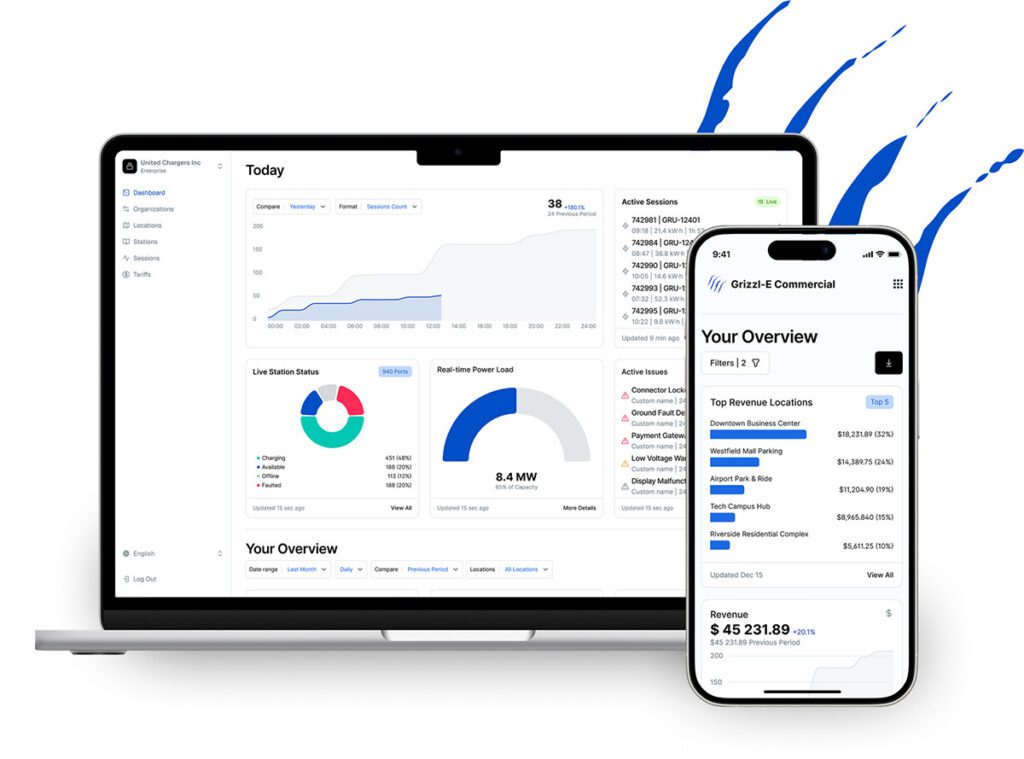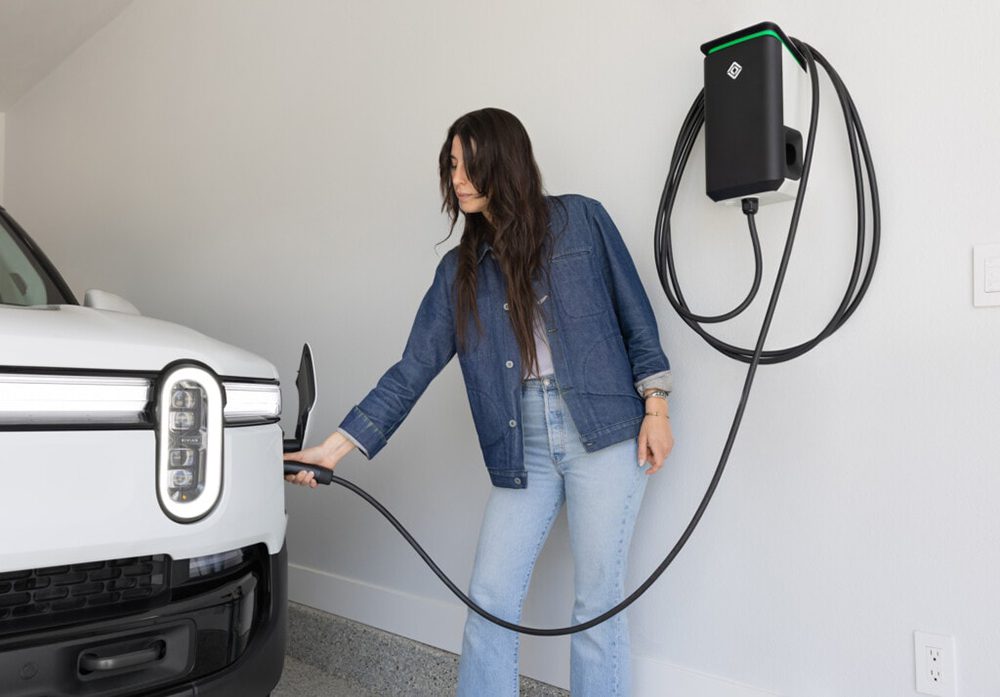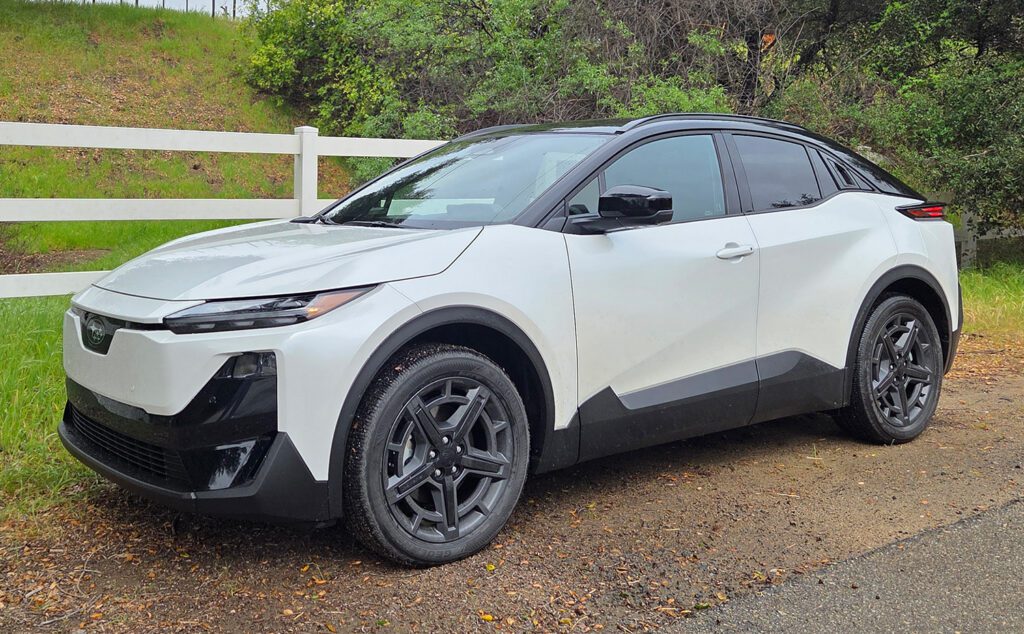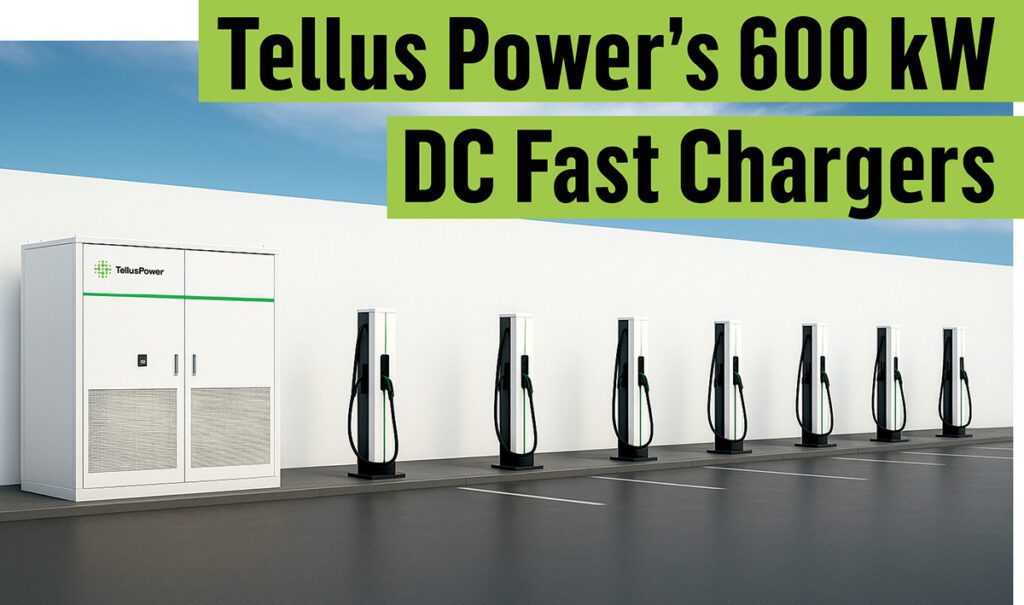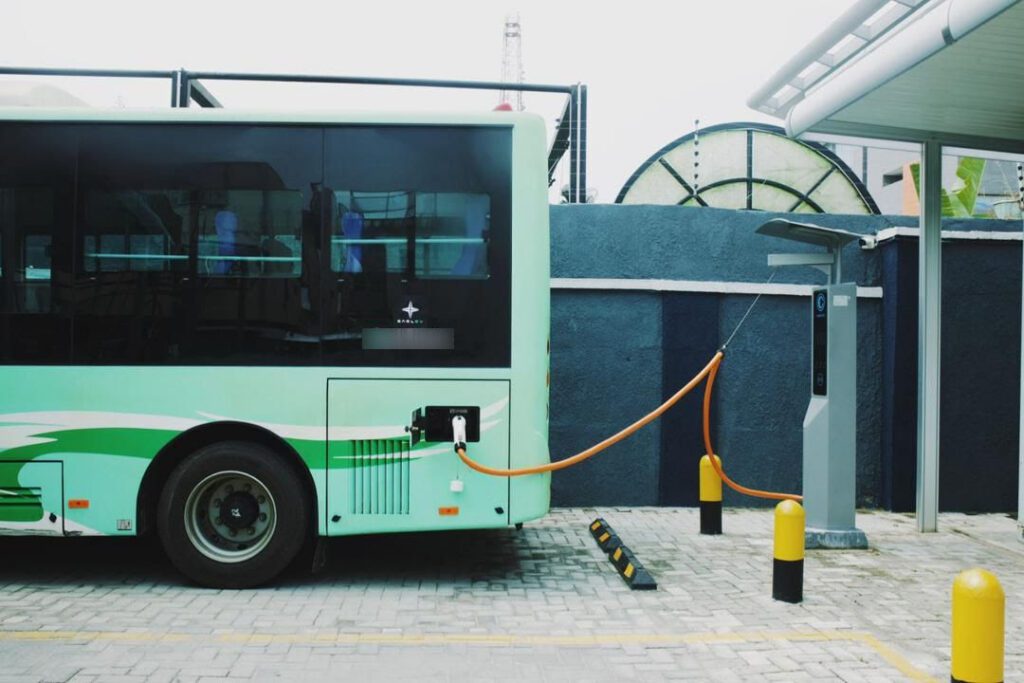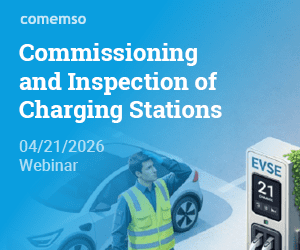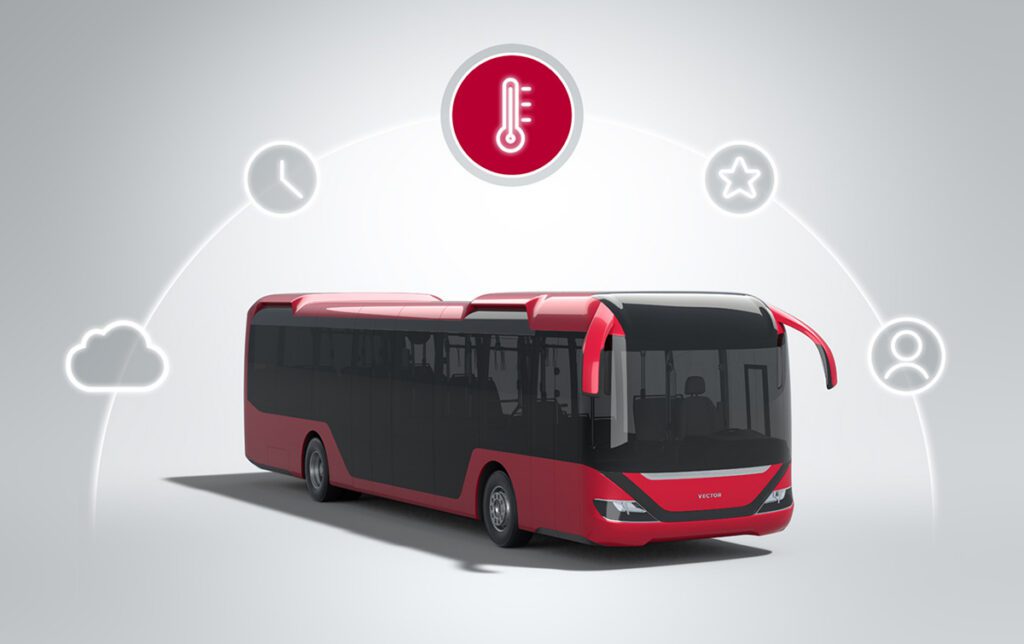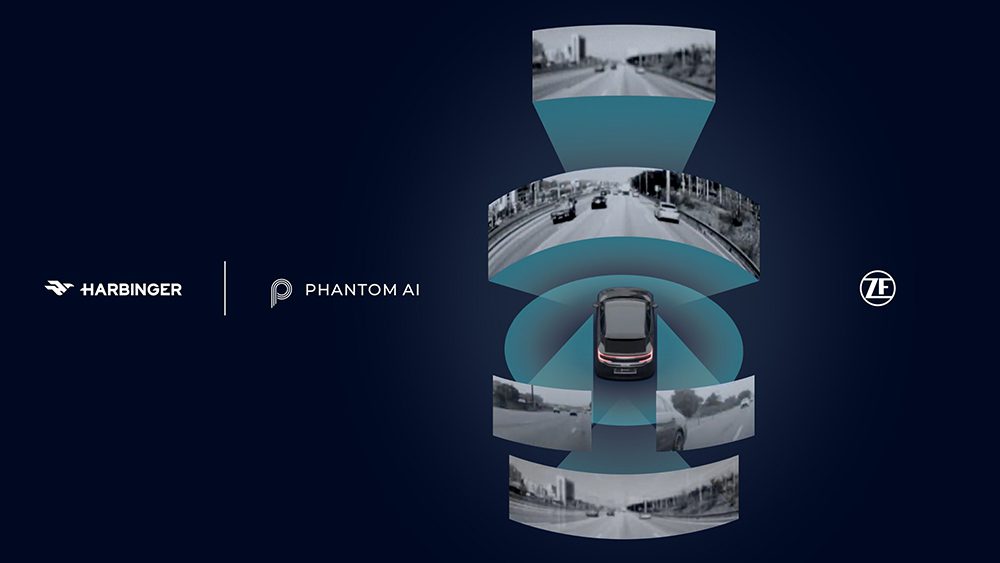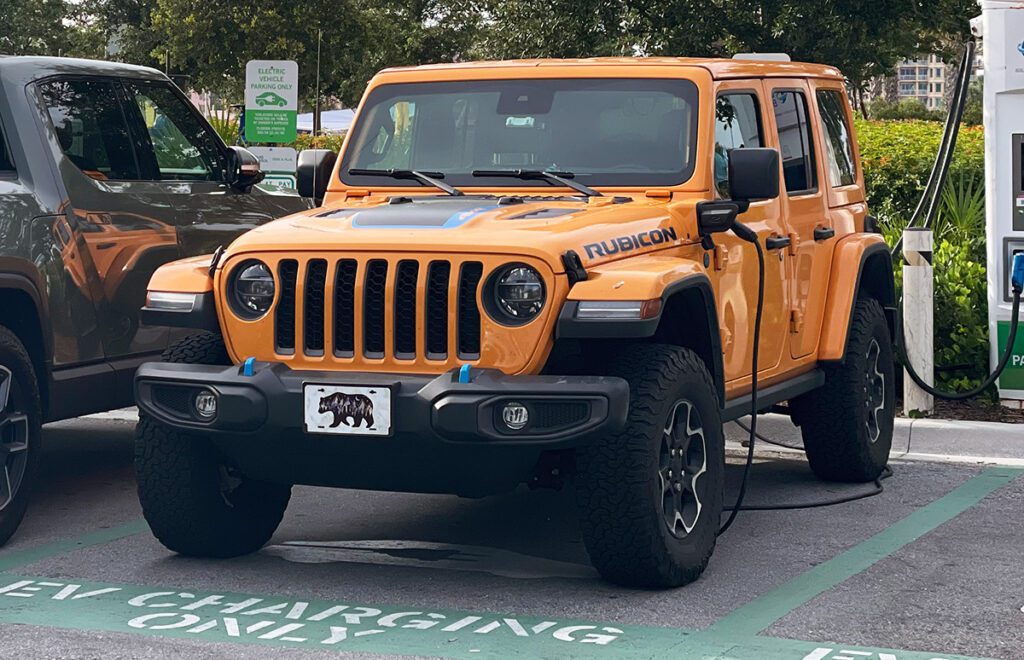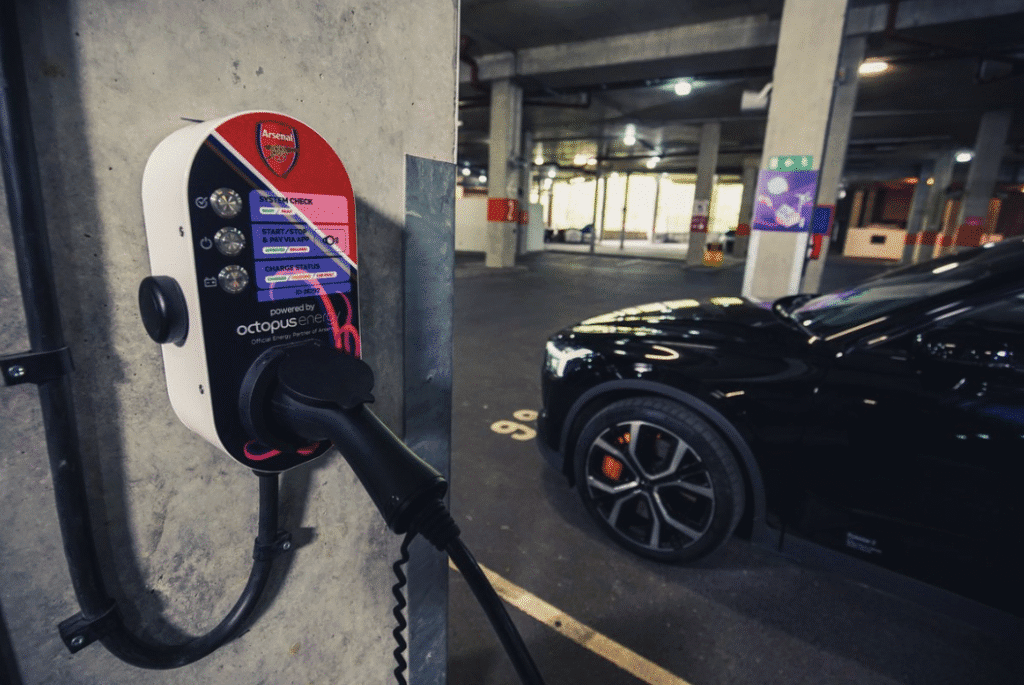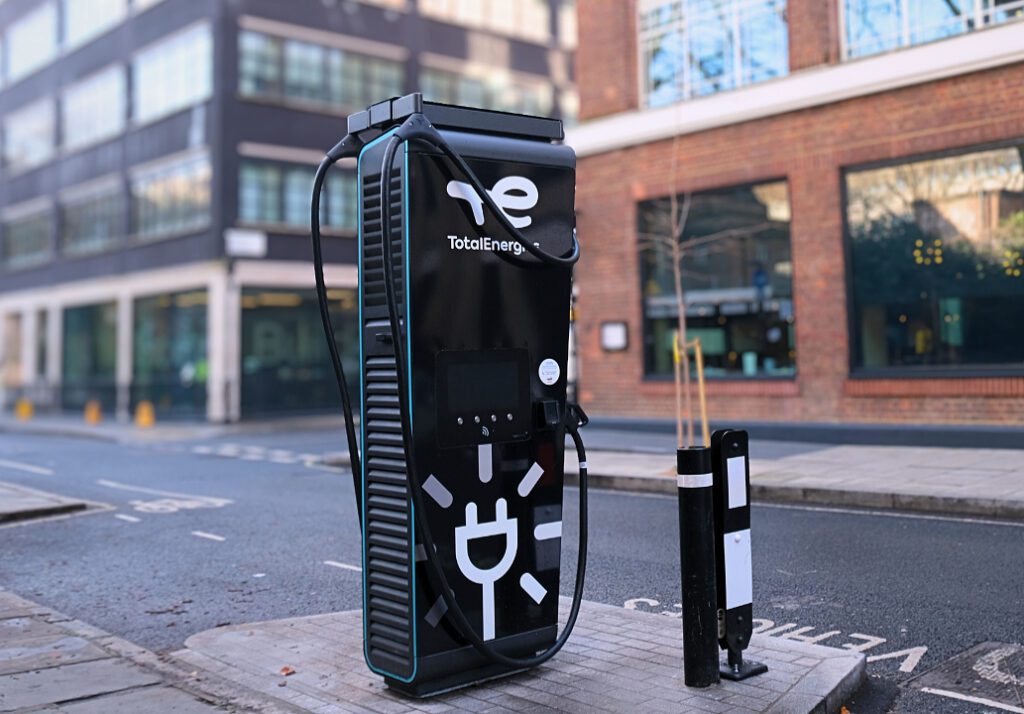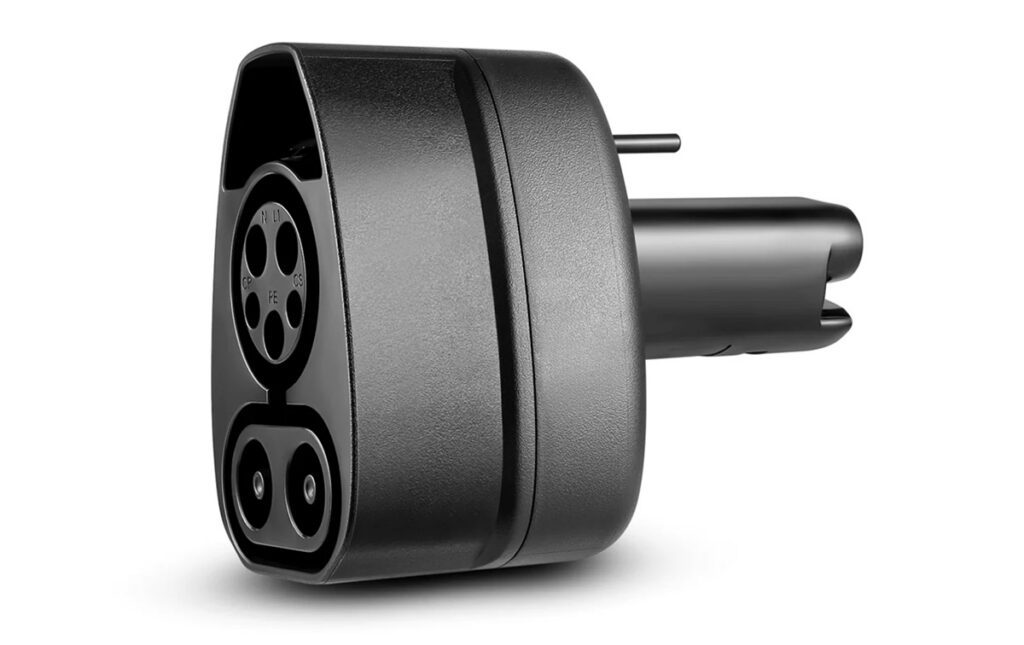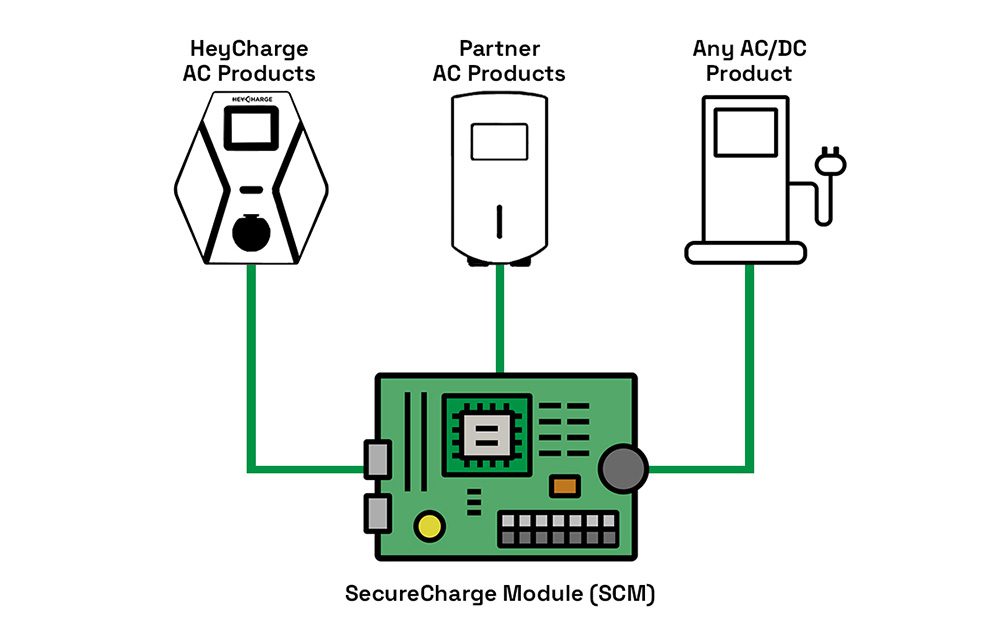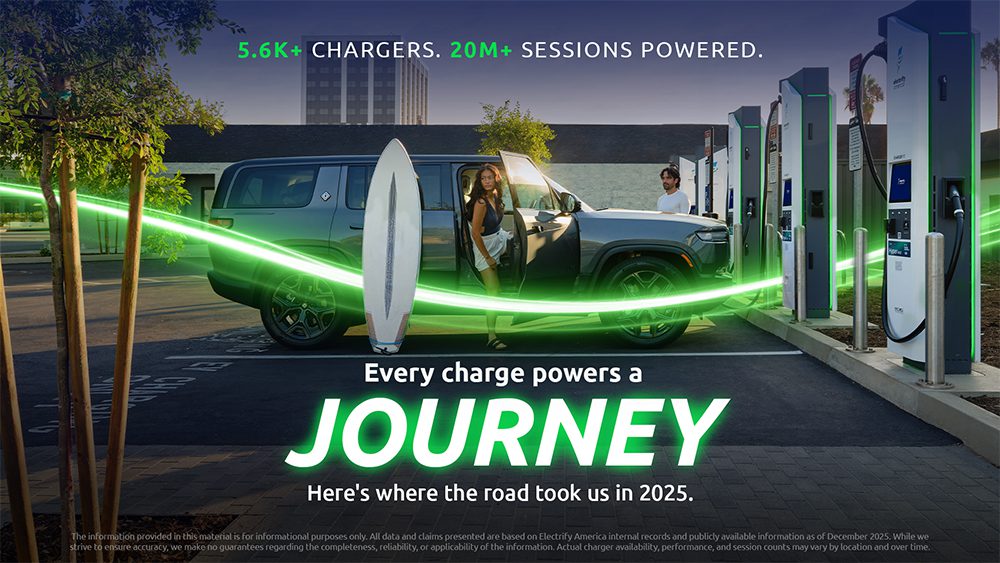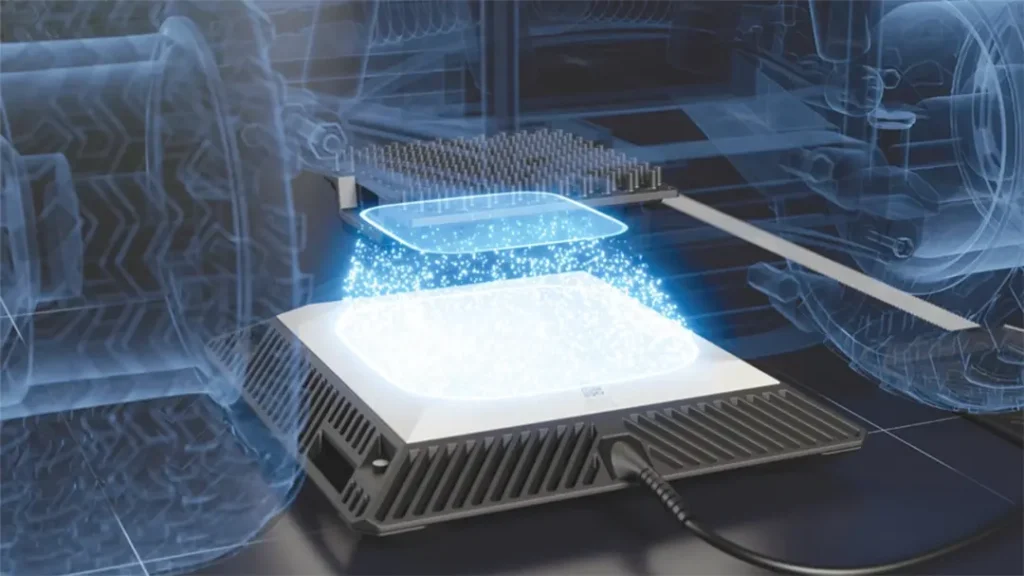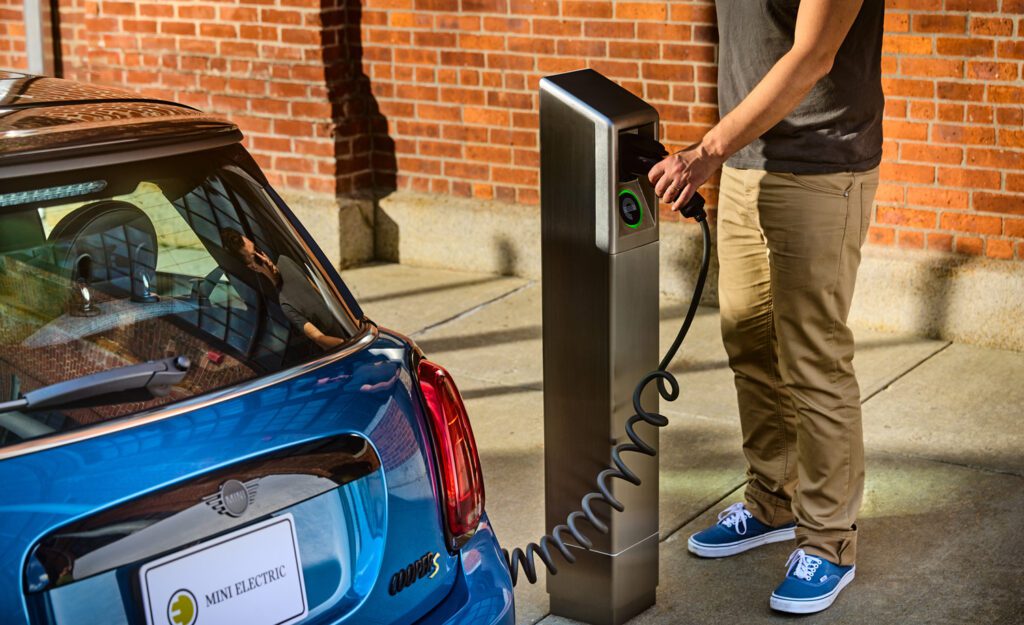Dutch semiconductor company Nexperia has launched its new AEC-Q101 qualified 100 V MOSFETs for thermally demanding 48 V automotive applications, including on-board chargers, traction inverters and battery management systems.
The devices deliver ultra-low conduction losses, demonstrating on-resistance (RDS(on)) as low as 0.99 mΩ and enable safe current above 460 A, the company said. The MOSFETs come in compact CCPAK1212 (12 x 12 mm) copper-clip packaging.
In addition to passenger vehicles, the devices are also well suited to two- and three-wheel vehicles, DC-DC converters and industrial high-current modules, where efficiency and thermal reliability are also important, Nexperia said.
Connecting several MOSFETs in parallel to meet the higher performance needs in the move from 12 V to 48 V subsystems can increase the component count and board space required. The ultra-low RDS(on) and high power density of Nexperia’s CCPAK1212 MOSFETs reduce the need for parallel-connected devices, as well as saving up to 40% PCB space compared to traditional TOLL- or TOLT-packaged alternatives due to their compact size.
The next-generation 100 V AEC-Q101 trench silicon platform, combined with the high thermal performance (Rth(j-b) = 0.1 K/W) of the copper-clip CCPAK1212 package, enables the ultra-low RDS(on). These features provide the advantages required in 48 V automotive systems such as high current capability, superior power density and a robust Safe Operating Area rating of up to 400 A at 100 V.
To maximise design flexibility, the devices are available in a choice of inverted top-side cooled (CCPAK1212i) and bottom-side cooled (CCPAK1212) versions, giving engineers options for compact layouts and optimized thermal management tailored to their system requirements.
Source: Nexperia

